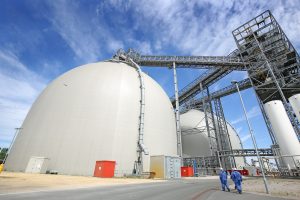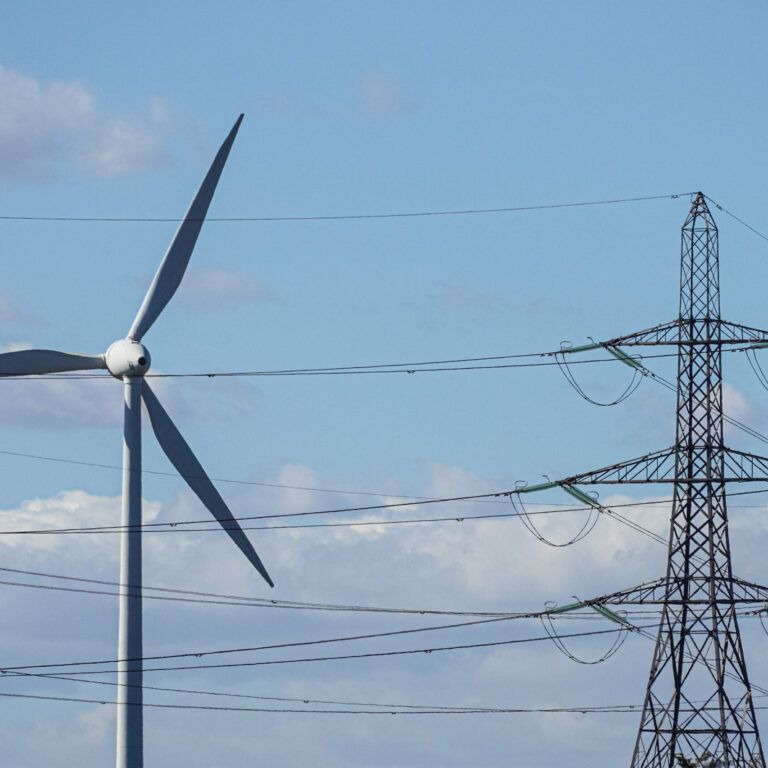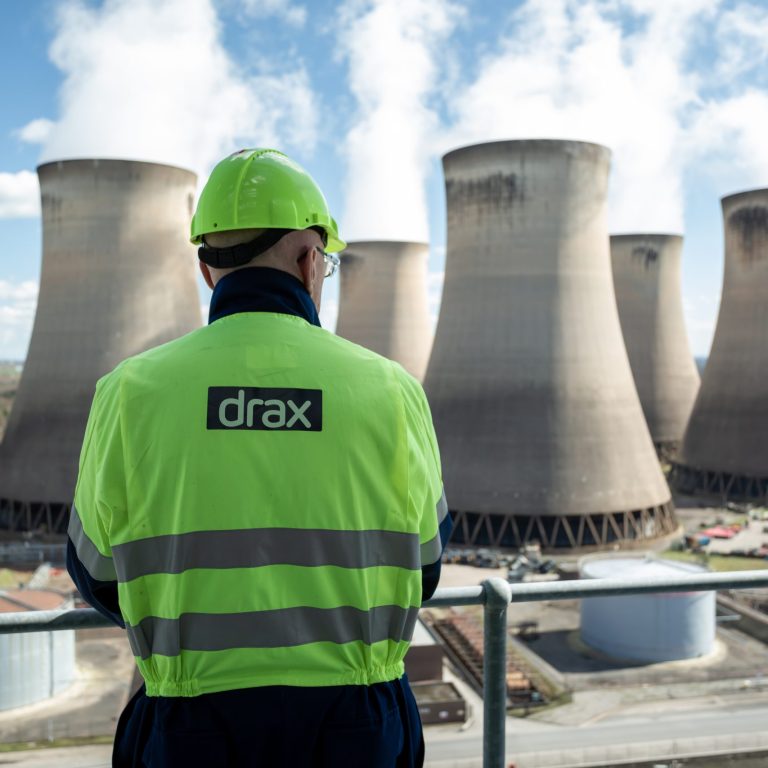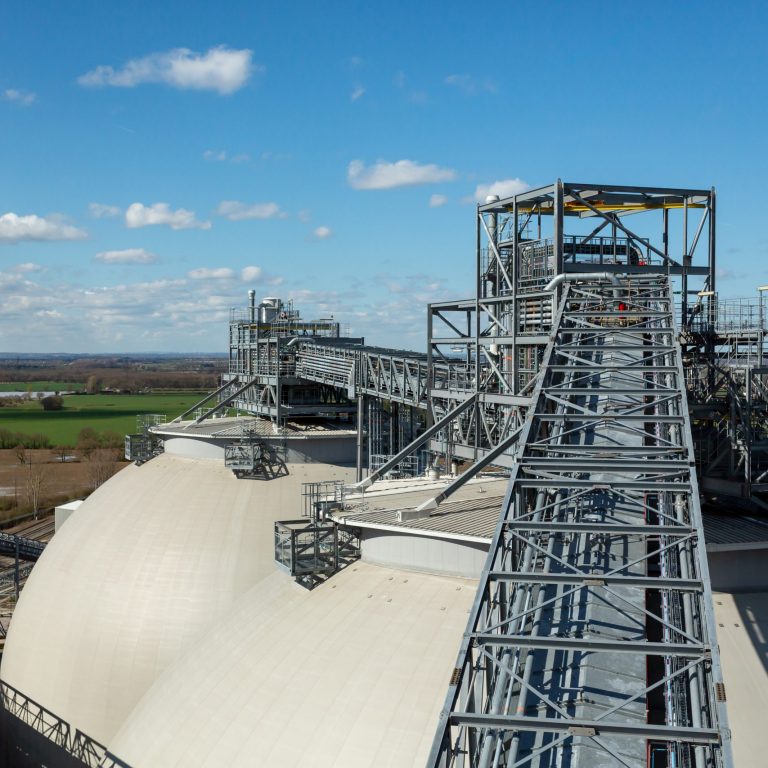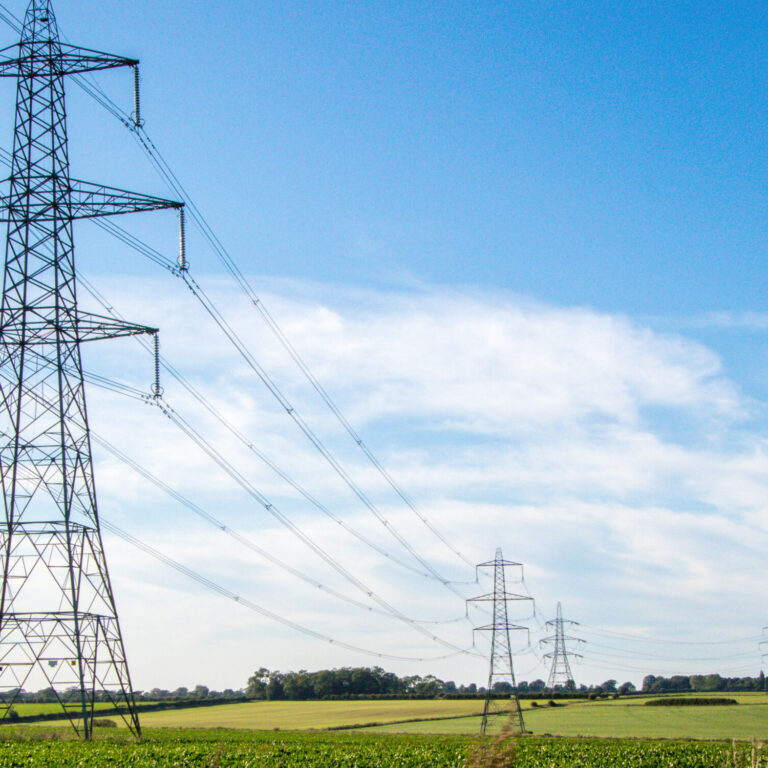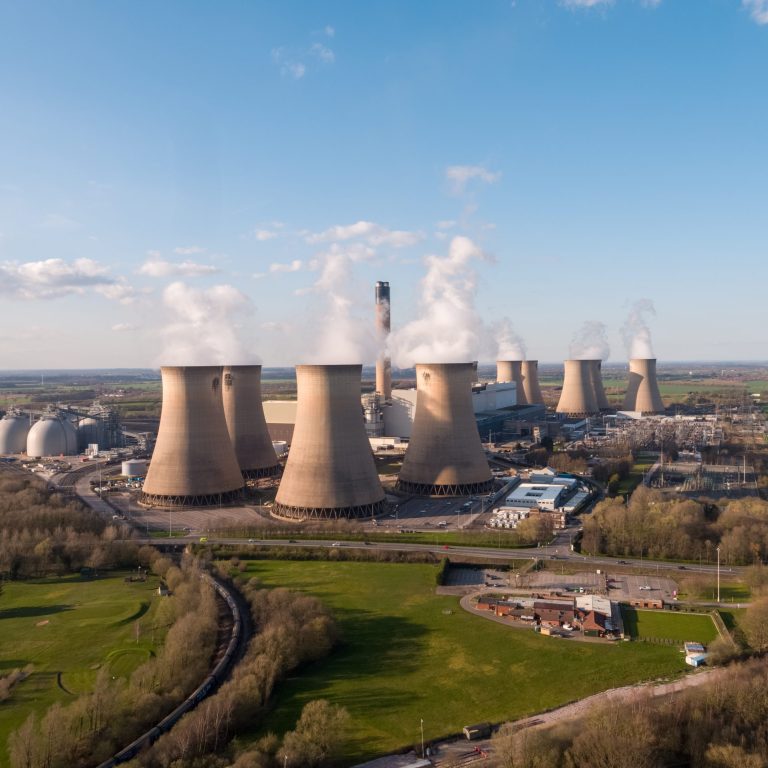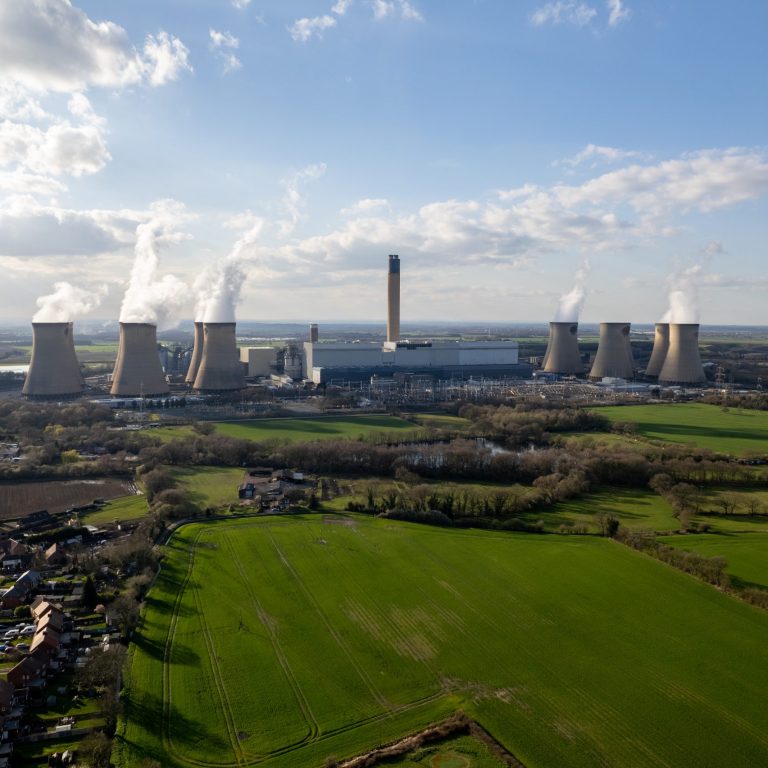- Oxford Economics analysis shows that in 2021 Drax Group contributed £133 million towards the Scottish economy and supported 1,250 jobs.
- The Group’s ambitious plans for growth will see it invest a further £3bn into the UK by 2030, creating tens of thousands of jobs from as soon as 2024.
Independent analysis by Oxford Economics has shown that last year renewable energy leader Drax contributed £133 million towards the Scottish economy and supported 1,250 jobs across the country.
The analysis measured the economic impact of Drax Group’s UK operations in 2021, which includes the iconic ‘Hollow Mountain’ Cruachan Power Station, near Oban in Argyll – an underground pumped hydro storage plant which acts like a giant water battery to balance the country’s power grid.
The figures come as Drax continues to progress its plans to deliver a green jobs boom in the UK in the years ahead by becoming a world leader in negative emissions technology BECCS and investing billions of pounds in renewable energy projects.
Drax plans to invest £2.5bn in its green energy projects in the UK this decade, supporting security of supply and the UK’s net zero ambitions. The plans include building the first new pumped storage hydro power station in the UK in more than 40 years at its existing Cruachan site.
Thousands of jobs could start being created by these projects in just a couple of years’ time, with work on Cruachan 2 potentially starting as soon as 2024. Around 900 jobs would be supported during six years of construction across the supply chain in a range of industries from quarrying and engineering, to transport and hospitality.
Ian Kinnaird, Drax’s Scottish assets director, said:
“Not only is Drax playing a critical role in keeping the lights on for millions of homes and businesses across the country, but we are also proud to be supporting more than a thousand jobs in Scotland and contributing millions of pounds to the economy at a time when it is under severe pressure.
“With the right support from government, Drax stands ready to invest hundreds of millions of pounds in developing Cruachan 2 so we can do even more for our communities and the climate. Not only will extending Cruachan enable more wind power to come online, but it will also support hundreds of jobs during construction and bolster UK energy security.”
Stephen Foreman, Associate Director at Oxford Economics, said:
“Our research demonstrates the significant contribution that a large and successful British company like Drax Group can make to the global economy.
“Drax Group’s operations in the U.K., U.S., and Canada generated £3.1 billion in GDP in 2021 and supported over 35,000 jobs across these three markets. We also find that the activity generated by Drax’s power stations, pellet plants, and corporate offices, is also having a positive impact on local communities across the U.K., the U.S. and Canada.”
Jobs supported by Drax’s activities across the UK covered a wide range of sectors including high-skilled manufacturing of industrial components, engineering and technical machinery, IT, professional business services and transporting goods.
ENDS
Media contacts:
Aidan Ker
Media Manager
E: aidan.kerr@drax.com
T: +44 (0)7849090368
Ali Lewis
Head of Media & PR
E: Ali.Lewis@Drax.com
T: +44 (0)7712 670 888
Editor’s Notes
About Drax
Drax Group’s purpose is to enable a zero carbon, lower cost energy future and in 2019 announced a world-leading ambition to be carbon negative by 2030, using bioenergy with carbon capture and storage (BECCS) technology.
Drax’s around 3,000 employees operate across three principal areas of activity – electricity generation, electricity sales to business customers and compressed wood pellet production and supply to third parties. For more information visit www.drax.com
Power generation:
Drax owns and operates a portfolio of renewable electricity generation assets in England and Scotland. The assets include the UK’s largest power station, based at Selby, North Yorkshire, which supplies five percent of the country’s electricity needs.
Having converted Drax Power Station to use sustainable biomass instead of coal it has become the UK’s biggest renewable power generator and the largest decarbonisation project in Europe. It is also where Drax is piloting the groundbreaking negative emissions technology BECCS within its CCUS (Carbon Capture Utilisation and Storage) Incubation Area.
Its pumped storage, hydro and energy from waste assets in Scotland include Cruachan Power Station – a flexible pumped storage facility within the hollowed-out mountain Ben Cruachan.
The Group also aims to build on its BECCS innovation at Drax Power Station with a target to deliver 4 million tonnes of negative CO2 emissions each year from new-build BECCS outside of the UK by 2030 and is currently developing models for North American and European markets.
Pellet production and supply:
The Group has 18 operational pellet plants and developments with nameplate production capacity of around 5 million tonnes a year.
Drax is targeting 8 million tonnes of production capacity by 2030, which will require the development of over 3 million tonnes of new biomass pellet production capacity. The pellets are produced using materials sourced from sustainably managed working forests and are supplied to third party customers in Europe and Asia for the generation of renewable power.
Drax’s pellet plants supply biomass used at its own power station in North Yorkshire, England to generate flexible, renewable power for the UK’s homes and businesses, and also to customers in Europe and Asia.
Customers:
Drax supplies renewable electricity to UK businesses, offering a range of energy-related services including energy optimisation, as well as electric vehicle strategy and management.
To find out more go to the website www.energy.drax.com






